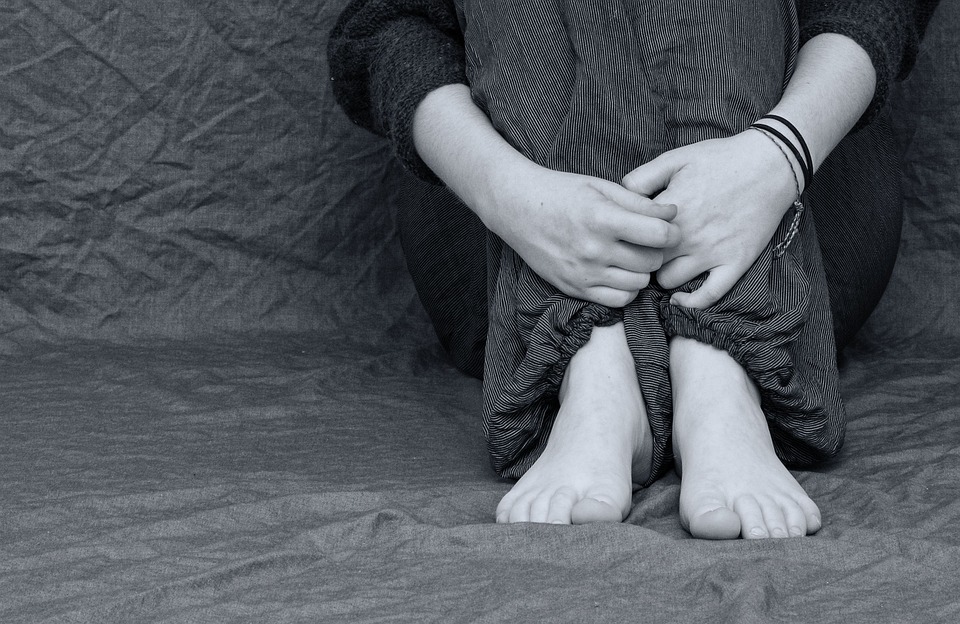There has been a lot in the news recently that highlights harassment at work, with the Philip Green scandal and MeToo movement to name just a few. But, how can you help if you think a colleague is being harassed at work? Julie Provino, an international HR leader, author and founder of VeryHR has some helpful advice.
In light of the recent Philip Green scandal, many of us feel appalled by what has been highlighted in the press. As an HR professional, coach and trainer, I can vouch for how frequent harassment is in the workplace, in your local charities, PTAs and so on. Harassment is purely and simply the manifestation of one individual exerting their power over another and has extremely damaging consequences.
Today, harassment and the zero-tolerance approach to it is clearly defined by the law. However, it remains a taboo subject and a very misunderstood one too. So, despite all the safeguards it still goes on. It’s a sad fact but you are likely to have a friend or colleague going through harassment. If that’s the case, how do you support them?
- Listen – When someone starts to open up about any form of wrongdoing, they will need to talk. Listen intently. Then ask questions but make sure you stay impartial. Focus on the facts. My own experience as a victim and as a witness has taught me how tempting it is to compare what I am being told by a victim to what has happened to me. Don’t do it. It won’t help the victim.
- Document – If you are a direct or indirect witness to the harassment in question, I’d advise you to take detailed notes. Who was there, what was said, what time was it and what day. It will prove invaluable if you are later called as a witness. Our memories can get muddled sometimes so pencilling everything down is helpful.
- Advise – As an HR professional and coach, I will always advise the individual being harassed to take detailed notes of each instance and how the act of harassment is making them feel – especially in the case of indirect harassment as it is the ongoing negative attention that will build a strong case against the perpetrator. Even if they decide not to report the acts now, should they later change their mind, they will have everything documented.
- Take action – All businesses, charities and associations have a code of conduct detailing the process for lodging a grievance against another person. As a friend or a colleague, you could offer to do the research for them and support them in understanding the ins and outs of the process. Offer to review the letter they may want to write to alert those in charge of what has been going on. You can even offer to accompany them to any initial meetings. You will not be authorised to speak on their behalf, but you can support and reassure them. People undergoing such investigations are incredibly brave and need to be reminded of that. Also, that they are not alone.
Practical support is all well and good, but how do you emotionally support your friend or colleague too.
- Compassion – Showing compassion is not about standing up to the perpetrator on their behalf. It is about helping them make sense of something that is negative and encouraging them to take action. Be there for them.
- Space – When someone is at the point of “coming out”, they may appear distressed and confused. They may ramble and not be able to express themselves cohesively. This is your cue to give them time and space. Offer a cup of tea. Don’t speak, just listen
- Check-ins – The person opening up to you may feel embarrassed, overwhelmed and scared of what they have shared with you. Especially if they choose not to take the complaints any further. Even though they may not wish to talk about this with you again, check in with them regularly. Remind them that you are there for them if they wish to talk again.
- Action – Once someone shares wrongdoings with you, you will have a duty of care. If the wrongdoings are serious enough, then raise the alarm. You do not want to become the silent witness that watched it all happen without taking appropriate action. You may lose a friend, but you will be able to sleep at night knowing you didn’t brush something under the carpet because it is too hard to deal with.












